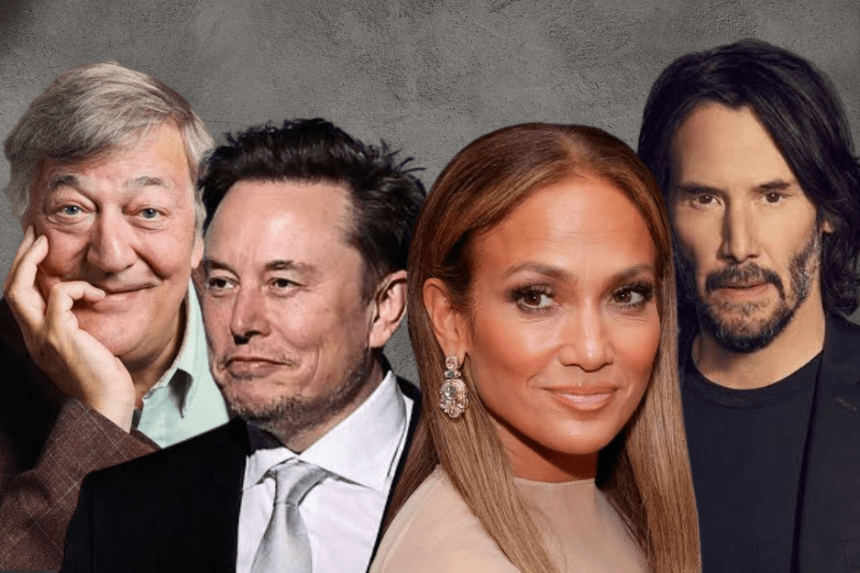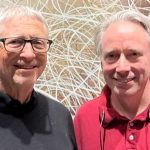From red carpets to Senate hearings, world-famous voices are now weighing in on the threats of Artificial Intelligence —and here is why their opinions could shape public policy and cultural perception.
Like any technology, there are good and bad sides. For AI, the good seems to outweigh the scary sci-fi stuff (for now).
So, as AI begins to disrupt music, film, voice, and identity, some of the world’s biggest celebrities are stepping into a new role —AI ethicists.
Whether it’s about deepfakes, digital voice cloning, or creative displacement, these stars are raising a red flag and demanding a new framework of rights in the machine age.
AI isn’t Just for Engineers Anymore
Artificial Intelligence has long been the domain of coders, researchers, and startups. But in recent years, it has made a powerful leap into mainstream culture.
Generative AI can now write scripts, compose music, animate faces, and replicate voices with stunning accuracy.
For celebrities, this poses a unique threat —not just to earnings, but to identity itself. Without proper regulations, AI can mimic a celebrity’s image or voice without consent, blurring the line between authenticity and simulation.
7 Celebrities Speaking Out Against AI
1 —Keanu Reeves
Reeves has voiced deep discomfort with AI-generated performances, calling deepfakes “scary as hell.” He reportedly includes clauses in his contracts forbidding digital manipulation of his performances which could be seen as an early sign of Hollywood’s rising resistance to unauthorized AI use.
2 —Scarlett Johansson
Recently, Johansson’s legal team reached out to OpenAI after it released a voice assistant that sounded strikingly like hers. She declined to license her voice and has since become a vocal advocate for digital likeness rights.
3 —Tom Hanks
Hanks has warned his followers about AI-generated ads using his face without permission. He’s pushed for stronger AI protections in media and says the future of actors depends on clear boundaries around digital cloning.
4 —Elon Musk
A celebrity-tech hybrid, Musk helped found OpenAI but has since distanced himself, warning that advanced AI could “end civilization.” He supports a global pause in AI development and has called for more international regulation.
5 —Stephen Fry
Fry discovered that his voice was cloned without consent for an audiobook. The incident led him to publicly criticize the unregulated spread of AI voice technology, calling it a threat to creative integrity.
6 —Grimes
The artist and AI enthusiast has embraced synthetic music on her own terms. She launched a platform allowing others to use her AI-generated voice, as long as royalties are shared. Her model shows that collaboration with AI can still honour human creativity.
7 —Jennifer Lopez
Lopez has cautioned about the potential for AI to distort truth and erase authenticity. Alongside Ben Affleck, she’s working on initiatives that promote media literacy and digital ethics.
Beyond the Red Carpet
Celebrities aren’t just artists. Some are brands, and their names, faces, and voices are commercial assets.
As AI gets better at replicating these assets, the fear of exploitation grows. The result: new contract clauses, industry-wide strikes, and mounting pressure for AI governance in entertainment.
Talking Points
Why do celebrity opinions matter in the AI debate? Because they reach the public in ways academic papers and policy whitepapers don’t.
When stars like Scarlett Johansson or Elon Musk speak out, they influence tech conversations at dinner tables, in classrooms, and on Capitol Hill.
It is good to see that many of them are now signing open letters, joining AI ethics panels, or even investing in startups that focus on responsible innovation.
At Techparley, where we stand is for the AI industry to be regulated, and shaped to serve more good then evil.





